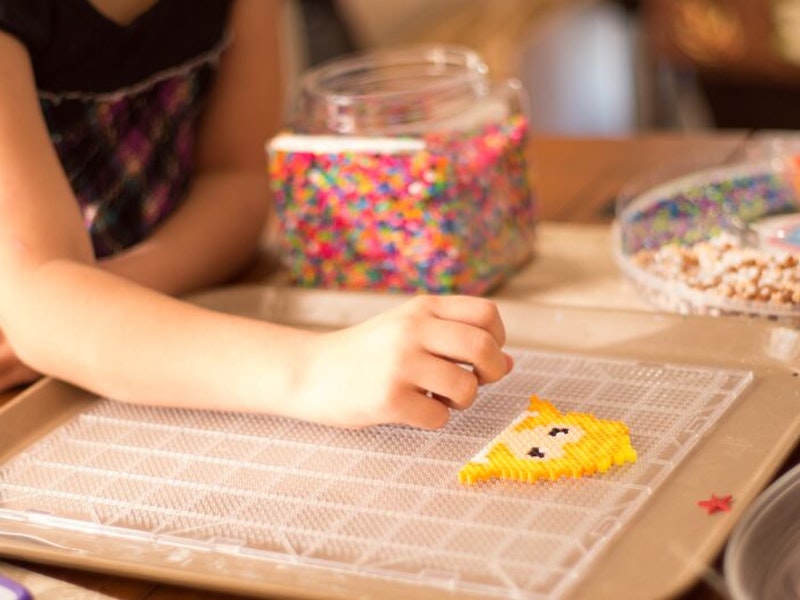7 Tips To Help You Communicate With Your Child About Strengths and Weaknesses
December 7, 2017
While it might seem like a daunting task, talking to kids with attention and learning issues about their weaknesses takes utmost importance as it’s equally vital to consistently remind them of their strengths. Here are some tips on how you can strike a good balance and keep communication lines open with your child.
- Communicate with your child in a language which he understands
- Talk to your child even about difficult stuff
- Relate your child’s skills to real-life situations
- Cite examples he’s able to relate with
- Talk about skills in the context of others
- Encourage him to find his passion
- Open up to him about your experiences
One of the most beautiful things about children is their innocence; yet it is also because of this that they lack the ability to reflect on their strengths and weaknesses. It’s best to start a conversation by stating an observation which can open the door for him to start talking and maybe even confirm what you’ve observed.
Without being hurtful, talk with your child about what he struggles with. Show him that you care and that you’re there to help him through it. Allow him to take the driver’s seat in this conversation as much as possible. While you might think that you already know what these problems are that he might be dealing with, it’s only him who can tell you how these make him feel and how it impacts his day to day life.
Kids usually have trouble with certain subject areas, whether it be math or a certain kind of sport. One of the most important things you must do for your child is to help him understand that his weaknesses won’t be a permanent setback for him throughout his life. As an adult, what you’ve probably come to realize by now is that your weaknesses in finding the square root of x and such ended up not really having so much impact as a grown up. Your child needs to know and understand that his strengths will help him move forward. Precedent to the fact, his ability to quickly make friends anywhere he goes may not really help him in English class, but it might just make it a lot easier for him to get a job in the future.
Most families have certain things that everybody in the family knows and pokes fun at in a good-natured way. It could be dad always forgetting to match his socks, or mom always forgetting her keys at home. Talking about these traits he has personally observed is a great conversation starter about strengths and weaknesses.
Let your child share about what happened during his day in school. Listen attentively, looking for opportunities to follow up on things he says that stand out. If your child talks about a kid in class getting in trouble with the teacher, ask him more about this. Doing so can open up a conversation about the things that most kids, at his age, find a challenge.
Learning what he’s good at or what he loves doing may take some exploration on his part and those around him to discover that. Parents want the best for their child, sometimes to a point where children end up being forced into things they don’t really like. Accept the fact that in order to set your child up for success, you may have to give up on your own dream that he’ll fall in love with basketball or that he’ll be a great singer. Allow him to find his own passion; and by doing so, you’re most likely to end up with a happier and a more confident child.
Sharing your own strengths and weaknesses with your child and explaining to them how you have learned to develop the positive side and overcome the weaknesses, will draw you closer to him. A vulnerable parent who is honest about her own weaknesses brings great comfort and instills trust.








